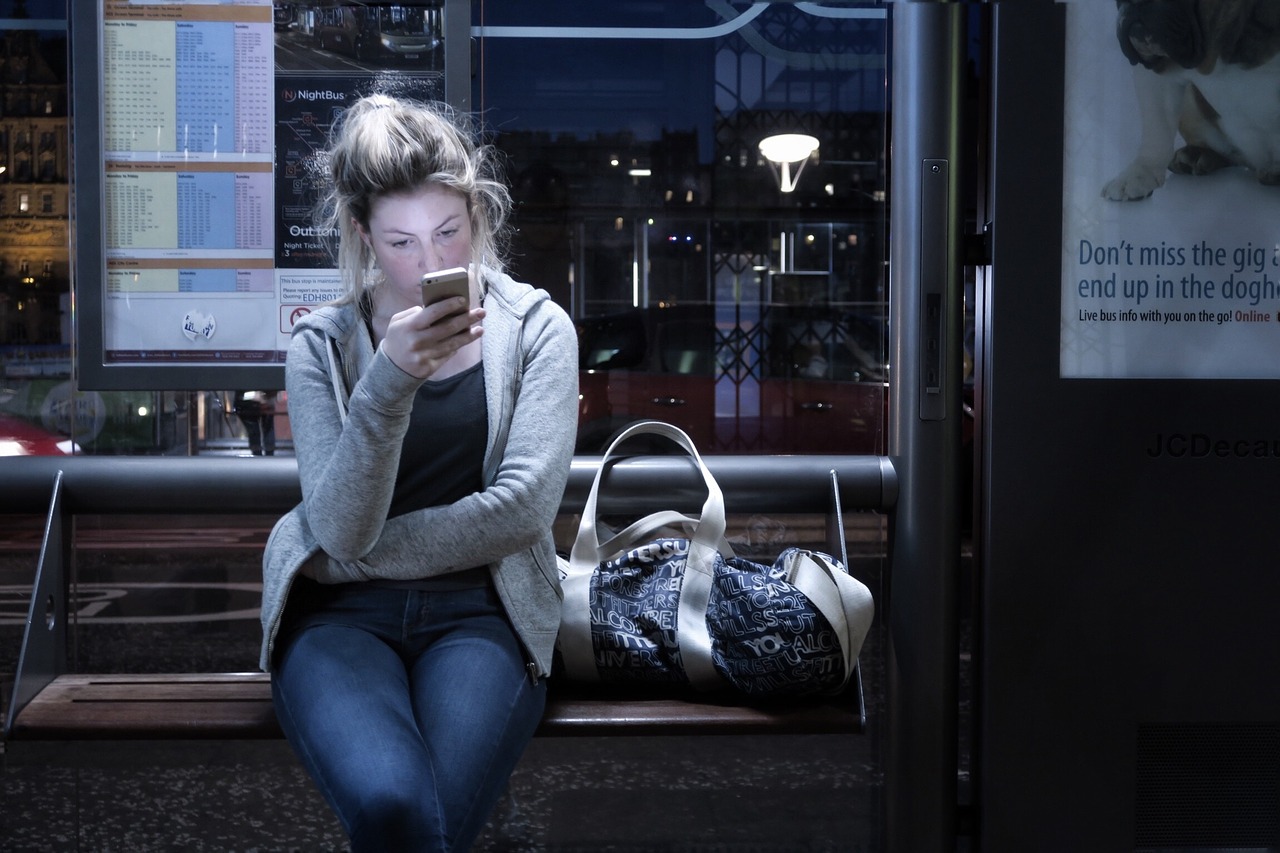More time spent on gadgets such as computers, tablets or cellphones might have contributed to the rise in depression and suicidal symptoms among teens for the past several years, especially among girls, a study says.
Jean Twenge, psychologist at San Diego State University and lead author on the study, says that while this research can only establish a link between long hours of screentime and symptoms of depression, it should serve as a warning for parents, NPR reports.
Twenge says,
One hour, maybe two hours [a day], doesn’t increase risk all that much. But once you get to three hours — and especially four and then, really, five hours and beyond — that’s where there’s much more significant risk of suicide attempts, thinking about suicide and major depression.
The team took a closer look at national surveys that asked over half a million adolescents ages 13 to 18 questions that focused on probing for such symptoms. The surveys asked questions like, “Life often feels meaningless,” or “I feel I can’t do anything right.”
From 2010 to 2015, the researchers found that the number of teens who answered “yes” to three or more of these questions went up from 16% in 2010 to 22% in 2015.
The biggest jump was among girls, who were six times more likely to report these symptoms of depression compared to boys.
The gender difference might be because boys have a different screen experience, usually involving computer games, compared to girls, who spend more time on social media. Twenge explains, “For girls, a lot of social media revolves around concerns about popularity — am I going to get likes on this photograph, do I look good enough in this picture?”
The study also examined survey answers to questions on suicidal thoughts. The team found an increase in suicidal thoughts over the same time period, and statistics from the Centers for Disease Control and Prevention show a rise in suicides among teens, from 1,386 in 2010 to 1,769 in 2015.
On the other hand, hours spent in face-to-face activities like sports, parties or going out with friends appeared to be protective.
Twenge says that this study parallels others that have found that less screen time equals more happiness. She adds that these findings should encourage more research, and advise for parents to take notice of how much time their kids spend in front of electronic devices.
The study was published in Clinical Psychological Science.
























